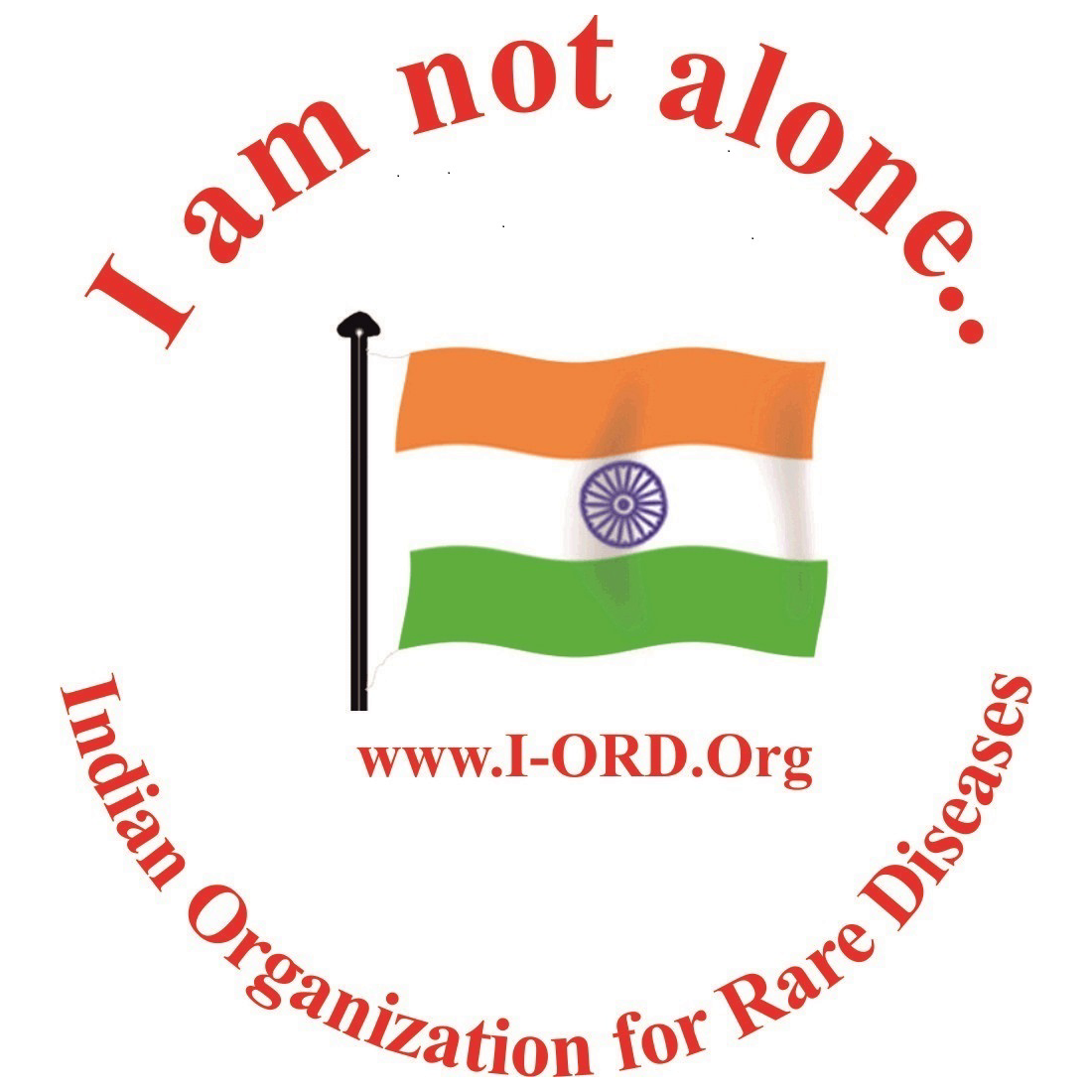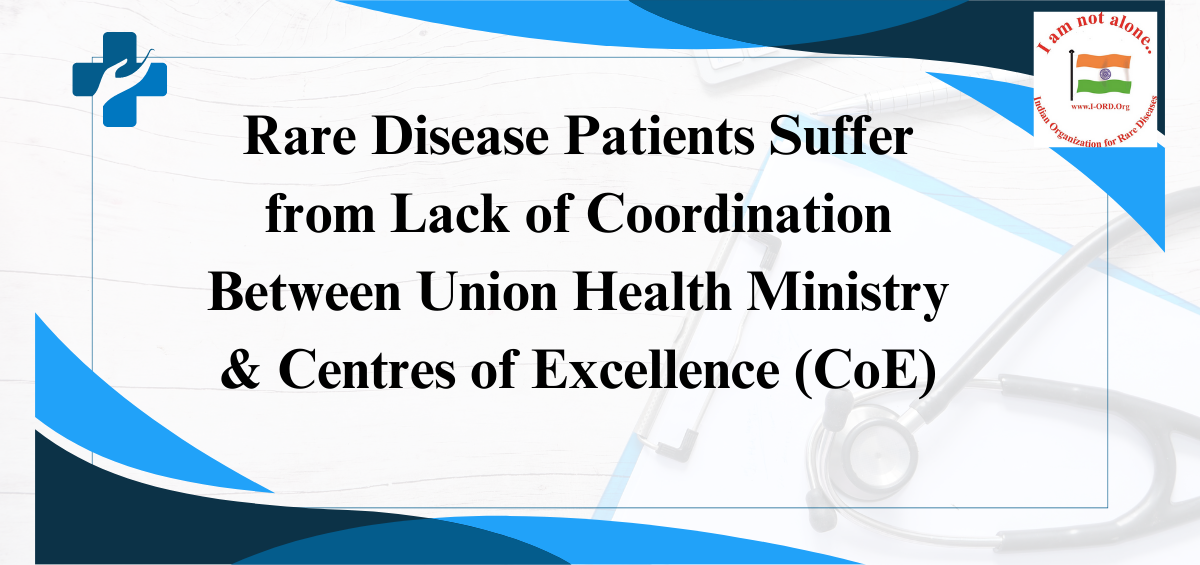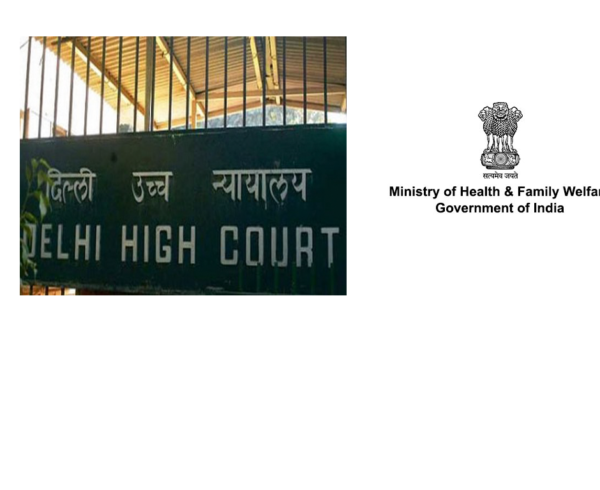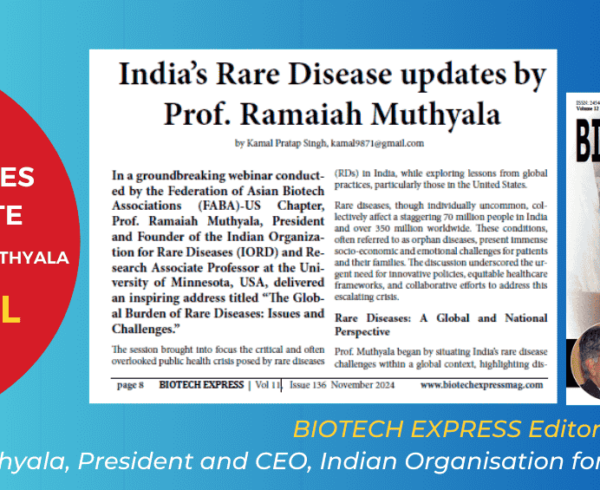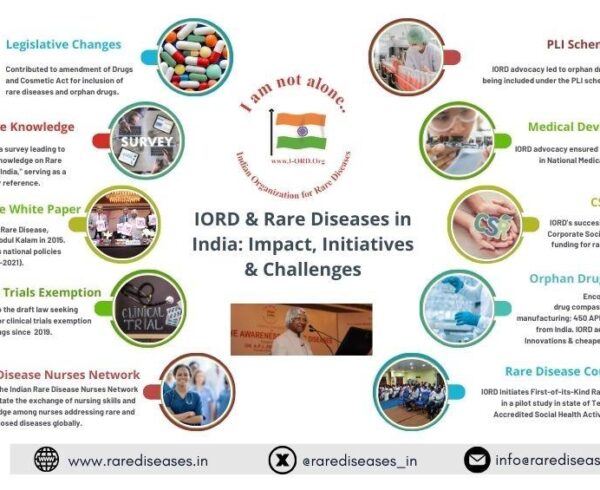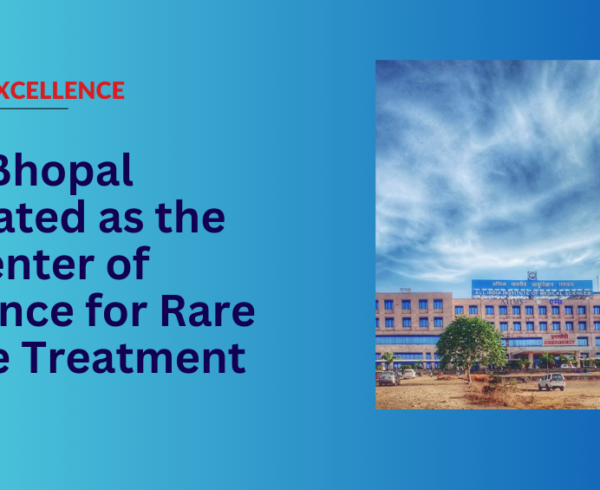The coordination among the 11 Centres of Excellence (CoE) for Rare Diseases and their communication with the Ministry of Health and Family Welfare’s technical committee appears to be significantly inadequate and slow, resulting in hassles for rare disease patients.
In a heart-wrenching case, Kanna Rudraksh, a seven-month-old baby suffering from Pompe disease (a rare lysosomal disorder), faced tragic consequences due to delays in receiving financial support for his treatment under the Rashtriya Arogya Nidhi scheme, which allots Rs 50 lakh worth of treatment for rare disease patients, as reported by the Times of India.
The baby was undergoing treatment at the Centre of Excellence at Nizam’s Institute of Medical Sciences in Hyderabad but passed away just two days before the clearance of a ₹30 lakh central fund that would have aided his treatment.
The bureaucratic red tape, which involves obtaining clearances from the Ministry of Health and Family Welfare’s technical committee, results in lengthy waiting periods of up to three months, the newspaper reported.
Six other patients in the Telugu states of Telangana and Andhra Pradesh have also reportedly lost their lives while awaiting treatment, and ten others are still waiting for financial assistance at the Centre of Excellence (CoE) in Hyderabad awaiting clearance, and the required enzyme replacement therapy alone costs ₹30-45 lakh per year, the report said.
It is pertinent to note that the National Policy for Rare Diseases, introduced in 2021, offers a one-time fund of ₹50 lakh for each rare disease patient. The delays in clearance are particularly concerning for patients with Pompe disease, as the condition can be potentially fatal.
“The clearance process involves evaluating the disease, which can be time-consuming due to overlapping symptoms with other conditions. Since most drugs for rare diseases have to be imported and drugs manufactured in India require separate approvals. We have already procured drugs worth ₹40 lakh, but the costlier ones take longer to acquire,” Dr Ashwin Dalal, the nodal officer at the COE at NIMS, is quoted as saying in the report.
It may be recalled that for the effective implementation of National Rare Disease Policy-2021, the Delhi High Court has recently ordered constitution of a five-member committee “that would deal with procurement and indigenisation of therapies and drugs” for rare disease patients.
In its judgment, the Delhi High court judge Justice Prathiba M Singh noted that “the Centres for Excellence are not centrally coordinated, leading to lack of timely availability and adequate therapies for patients with rare diseases – who are mostly children”, reports The Economic Times.
